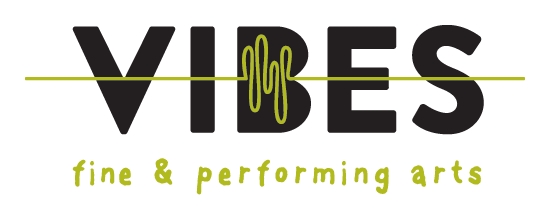How Does Music Therapy Work?
by Zane Rutledge | November 2nd
Music therapy is the clinical use of music interventions by a board-certified music therapist. We aim to improve the wellbeing of our clients through a variety of techniques, and it often looks different in every setting. I find that this causes a lot of confusion about the application of music therapy, and makes explaining the process difficult. We shift our focus based on the needs of the client, and tailor music experiences accordingly.
Mental Health
Music therapy is used quite frequently to assist in mental health treatment in psychiatric and private practice settings. Clients are exposed to a wide range of music experiences which encourage more positive forms of communication, additional ways to perceive the world and one’s self, and the development of a plethora of skills used to manage stress and anxiety in a healthy way. In these sessions music can serve as a symbolic representation, a container for emotions, or as a tool to spark discussion.
Memory Care
Memory care has become a heavily emphasized population for music therapists thanks to some popular documentaries. The musical component tends to take on a larger role in these settings as it can improve neuroplasticity and serves as a powerful catalyst for reminiscence. Here music is used to provide clients an opportunity to practice memory recall while maintaining social involvement and motor development through interaction and music making.
Hospitals
Hospitals provide a range of unique opportunities for treatment through music therapy. Music therapists can actually help lower the heart rate of patients using entrainment through live music which can help reduce stress on the body and improve recovery. Additionally, we work to improve respiratory techniques to help improve airflow to the lungs. Pain management can also be addressed by combining live and recorded music with relaxation techniques. Many hospitals that have hired music therapists see a decrease in the use of pain medication which is helpful for both patients and hospital finances.
School-Aged Children
Preferred music and playing on loud instruments is often a powerful motivator for children. Using music experiences to reward and challenge children can help address behavior issues, impulse control, and turn taking that will then transfer outside of the music therapy session. Because of the collaborative nature of music making, there is also a huge emphasis on working together within a group, which is an important skill to hone as children grow older.
These are just a few of the ways in which music therapy has been used to address the needs of clients, and many of them overlap with other settings. Often times these sessions can simply look recreational in nature, but a music therapist is always working with a goal in mind. It’s not necessarily what you do, but how you do it that ensures a client is making progress towards their goals.
To learn more about VIBES Music Therapy program Click Here
